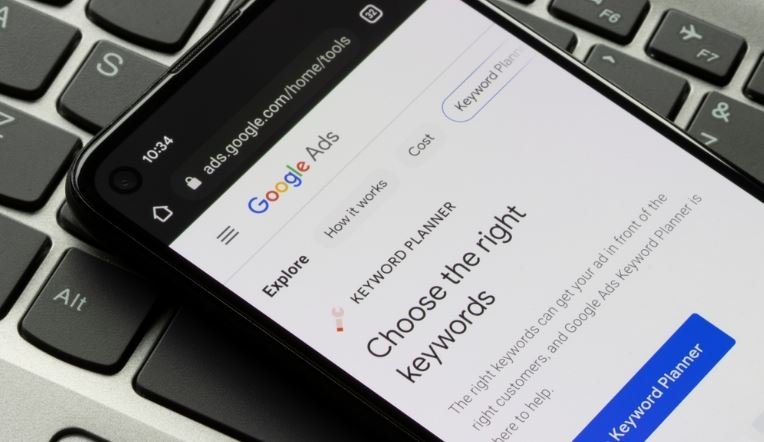In the realm of paid search, negative keywords play a crucial role in optimizing your campaigns. By excluding certain words or phrases, negative keywords help ensure that your ads are only shown to relevant audiences, ultimately improving your return on investment (ROI). Below are the key benefits of using negative keywords in your paid search campaigns.

Improved Ad Relevance
Negative keywords help filter out irrelevant traffic, ensuring that your ads are shown to users who are genuinely interested in your products or services. This increases the relevance of your ads, leading to higher click-through rates (CTR) and conversion rates.
Key Points:
- Exclude terms that are similar but unrelated to your offerings.
- Focus your budget on users more likely to convert.
- Avoid showing your ads to users searching for unrelated products or services.
Reduced Wasted Spend
By using negative keywords, you can prevent your ads from being triggered by irrelevant searches, thereby reducing wasted ad spend. This means more of your budget goes towards clicks that have a higher potential for conversion.
Key Points:
- Cut down on costs associated with non-converting clicks.
- Maximize the efficiency of your ad spend by targeting the right audience.
- Allocate your budget to more profitable keywords.
Enhanced Campaign Performance
Negative keywords contribute to better overall campaign performance by ensuring your ads reach the right audience. As your ads become more relevant, you’ll likely see an increase in key performance metrics such as CTR, quality score, and ROI.
Key Points:
- Boost your quality score by improving ad relevance.
- Increase your CTR by focusing on targeted, relevant searches.
- Enhance your overall campaign metrics, leading to better ad placements.
Better Control Over Ad Groups
Negative keywords allow you to have more granular control over your ad groups. By excluding certain terms, you can ensure that specific ads are only triggered by the most relevant queries, leading to more precise targeting.
Key Points:
- Prevent overlap between ad groups targeting similar keywords.
- Ensure that each ad group focuses on a specific set of relevant queries.
- Maintain the integrity and focus of your ad groups.
Improved User Experience
By preventing your ads from showing up in irrelevant searches, you create a better user experience. Users are more likely to click on ads that are directly related to their search intent, leading to higher satisfaction and better brand perception.
Key Points:
- Avoid frustrating users with irrelevant ads.
- Build trust by ensuring your ads are aligned with user intent.
- Enhance your brand’s reputation by delivering more relevant content.
More Accurate Data Analysis
Negative keywords help you clean up your data by filtering out irrelevant clicks and impressions. This leads to more accurate data analysis, allowing you to make better-informed decisions about your campaigns.
Key Points:
- Gain clearer insights into the effectiveness of your keywords.
- Make data-driven decisions to refine your campaigns.
- Use more accurate data to optimize your strategy.
Increased ROI
All of the above benefits contribute to an increased return on investment (ROI) for your paid search campaigns. By targeting the right audience and eliminating wasted spend, you can achieve higher profitability from your ad budget.
Key Points:
- Focus your budget on high-converting keywords.
- Reduce costs associated with irrelevant clicks.
- Achieve a better balance between ad spend and revenue.
Conclusion
Using negative keywords in paid search is essential for optimizing your campaigns. By improving ad relevance, reducing wasted spend, enhancing campaign performance, and increasing ROI, negative keywords help you get the most out of your advertising budget. Regularly reviewing and updating your negative keyword list will ensure that your campaigns remain effective and continue to drive high-quality traffic to your site.




